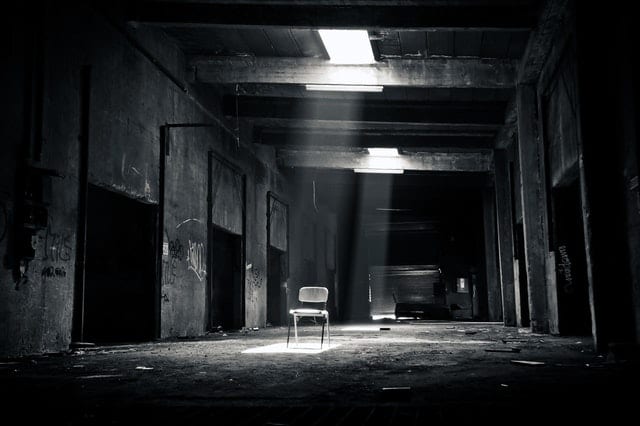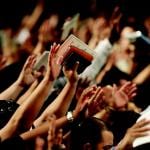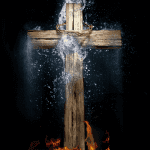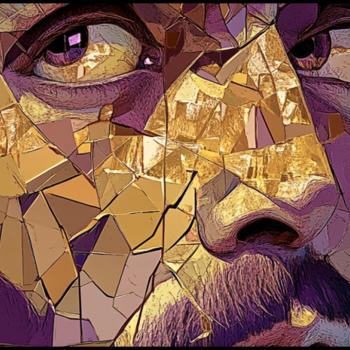
We’re only on week 2 of our journey from Deconstruction to Reconstruction over at Square 1 and already I’m amazed at how wonderful it is.
On our first video conference call last weekend, I listened to people share their hearts with one another and the most amazing thing was this: They were mostly concerned about not disrupting the faith journey of those around them.
That was seriously beautiful.
Yes, our group is focused on learning how to move from the Deconstruction phase to the Reconstruction phase of our own faith journey, but in the midst of that process everyone shared a common concern for their family, friends and loved ones. Specifically, they didn’t want their own doubts and questions to lead anyone astray.
One person was concerned that his Deconstruction might derail the faith of his son. Another was worried that his doubts might disrupt his wife’s connection with Christ. Still another was worried about how to continue counseling and pastoring people in his church community without harming them with his own uncertainty.
This is something I know most people outside the Deconstruction process would find hard to believe. Based on the sorts of responses I’ve seen – and experienced first-hand – most of those within the Church tend to belittle those who doubt their faith and assume that they’re following their feelings or that they’re selfishly motivated to stray from the “truth” of scripture.
But that’s the farthest possible thing from reality. Everyone I’ve ever known who has gone through Deconstruction has done so because they have seen something that they can’t un-see, or learned something they cannot un-learn. It’s their desire to know and embrace Truth that leads them away from organized, institutional Christianity and towards the unknown territory of Deconstruction.
Rather than being motivated by a desire for comfort, these people are motivated to face reality, even if it hurts. And for most of them it does hurt – a lot.
Some people in our group have avoided “coming out” to anyone about their Deconstruction process because they know they might not only lose friendships, but they might even lose their jobs. [Because they work in a Christian environment where Orthodoxy is not only assumed, it’s brutally enforced].
That’s why this spontaneous expression of concern for the spiritual well-being of others was so beautiful to me. Because it was so off-script from what most Christians outside the Deconstruction camp assume is true about those who doubt and question their faith. Honestly, it was so beautiful that it nearly took my breath away.
I wish more Christians could see what I’m seeing. I wish they could be a fly on the wall in these conversations. If they could take time to listen to those who have Deconstructed their faith, without judging them or condemning them, what they might see is a group of people who are still very devoted to Christ, very compassionate to those who remain in the Orthodox Christian camp, and very careful to protect the faith of those who have not asked the same questions or shared the same doubts.
The amount of genuine love and concern for those on the other side of this conversation was profound and sincere.
I just wish I could see that same kind of sincere love and genuine concern coming back our way.
But, even if this love is not reciprocated, we will continue to give it freely. We will try hard to forgive those who condemn us. We will work towards peaceful dialog and reconciliation. We will do our best to protect the faith of those who are just starting out on their journey with Christ. We will not try to force our doubts or questions on others who are not ready for such things. We will devote ourselves to reconstructing our own faith, and take care to nurture the faith of those around us. Even if they call us heretics and false teachers. Even if they have no clue about how painful it is for us to go through this alone.
That is the beauty of Deconstruction, mingled with sadness and doubt. The beauty of Reconstruction, scarred by accusations and blame.
And as painful as it may be, most of us wouldn’t have it any other way.
**
Keith Giles was formerly a licensed and ordained minister who walked away from organized church 11 years ago, to start a home fellowship that gave away 100% of the offering to the poor in the community. Today, He and his wife are returning to El Paso, TX after 25 years, as part of their next adventure.
Can’t get enough? Get great bonus content: Patreon page.













